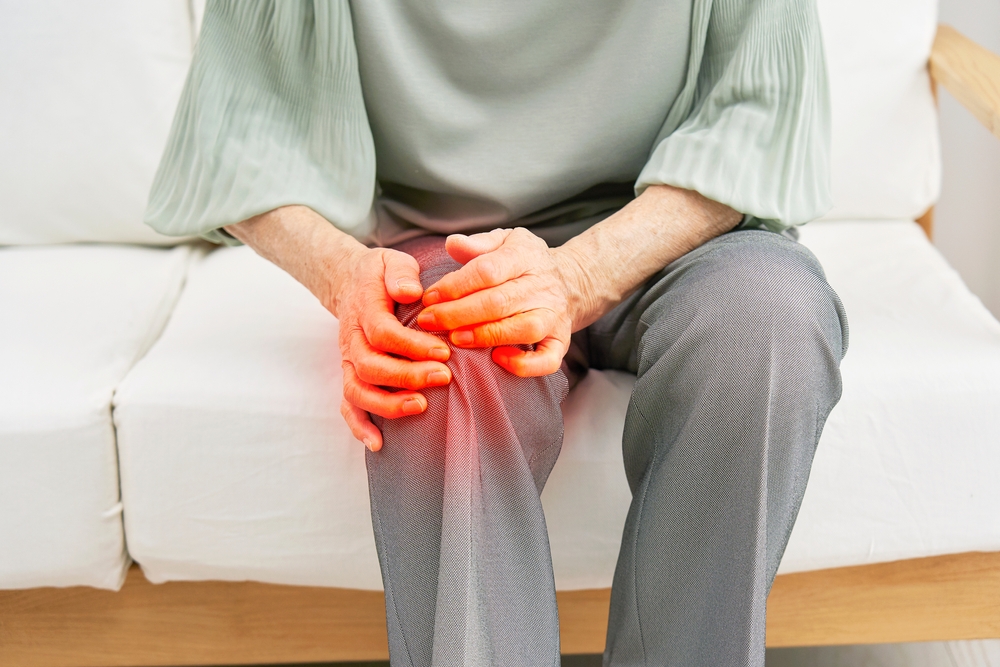Hernias in the Elderly: Are Hernias Life Threatening?
Category:

Hernias are when part of the intestine bulges out as a result of a tear or some congenital weakness in a muscle — usually the abdominal wall. These tend to get bigger or more noticeable with age. Due to this, elderly adults with hernias may have numerous questions. Are hernias fatal? How can you properly treat a hernia? What causes a hernia? In this post, we will review what you need to know about hernias in the elderly.
Types of Hernias
It should be noted that while most hernias are not life-threatening, they can still restrict the blood flow to vital organs. Hernias can come in many varieties, including:
-
Femoral Hernias. Found more often in women, these hernias are found between the pelvis and thigh.
-
Hiatal hernia. Most common in people over age 50, Hiatal hernias occur when part of your stomach juts up through the diaphragm into your chest cavity.
-
Inguinal hernias. This is usually a hernia in an elderly man since men are eight times more likely to develop an inguinal hernia. These hernias occur when the intestines push through a weak spot or tear in the lower abdominal wall.
-
Ventral hernia. This type of hernia occurs when tissue pushes through an opening in the abdomen’s muscles. These can form as a result of pregnancy, obesity, or strenuous activity.
Hernia Causes
There are several causes of hernia in elderly adults. These include:
-
Lifting heavy objects
-
Obesity
-
Chronic constipation/straining of the stool
-
Chronic coughing
-
Smoking
-
Damage from an injury or surgery
-
Congenital conditions
-
Cystic fibrosis
-
Family history of hernias
Hernia Symptoms
Symptoms of hernia can vary depending on the type. Some common symptoms include:
-
Obvious swelling beneath the skin of the abdomen or groin
-
Aching or burning sensation in the bulging area
-
Constipation or blood in the stool
-
Discomfort in the groin or abdomen when bending over or lifting
-
Pressure or weakness in the groin area
-
For those with testicles: pain or swelling in the area
-
Vomiting
-
Heartburn
-
Trouble swallowing
-
Shooting pain
Hernia Treatment
The only way to permanently treat a hernia is through surgery. However, determining the best treatment can be difficult for older adults due to the various complications of surgical procedures. For example, anesthesia can affect one’s memory, and while that side effect can fade with younger patients, it can last for days, weeks, or even longer for older adults. This is why doctors usually will not perform a hernia surgery on patients with memory problems due to dementia or Alzheimer’s. Speaking to your doctor about cognitive concerns before surgery for a hernia is recommended.
Furthermore, other health issues — such as diabetes, obesity, or high blood pressure — can affect the likelihood of surgical complications. Certain medications can also have side effects when you stop taking them before surgery, effectively putting an operation off the table. If a medication is essential for your everyday health, it may be ill-advised to deal with a minor hernia issue.
With all of the possible dangers, your doctor may want to monitor the hernia for complications simply. They will then decide whether surgery is a viable option. Wearing a truss or taking over-the-counter and prescription medications can also help relieve discomfort and improve symptoms during this waiting period.
Download Our Heart Health Guide
FAQs About Hernias in the Elderly
Are Hernias Soft or Firm?
Hernias usually feel soft, but they may be firm depending on their underlying cause.
Are Hernias Life Threatening?
Most hernias are not fatal, but they can restrict the blood flow to vital organs.
Is Hernia Surgery Dangerous for the Elderly?
This depends on whether the elderly patient already has underlying health conditions such as dementia or high blood pressure. Speak to your doctor to determine whether surgery is the best option.
Subscribe
Date: August 30, 2022
Category:
